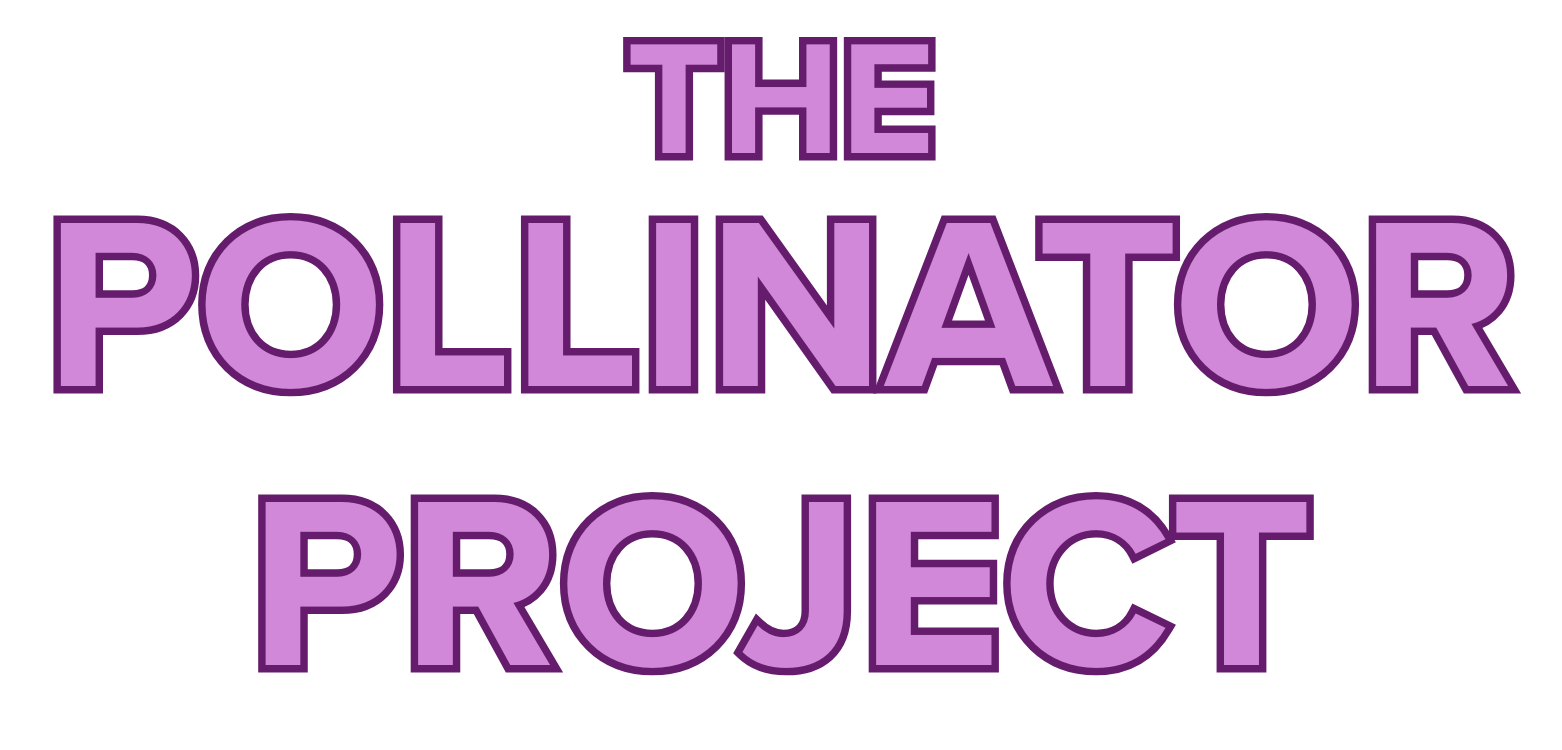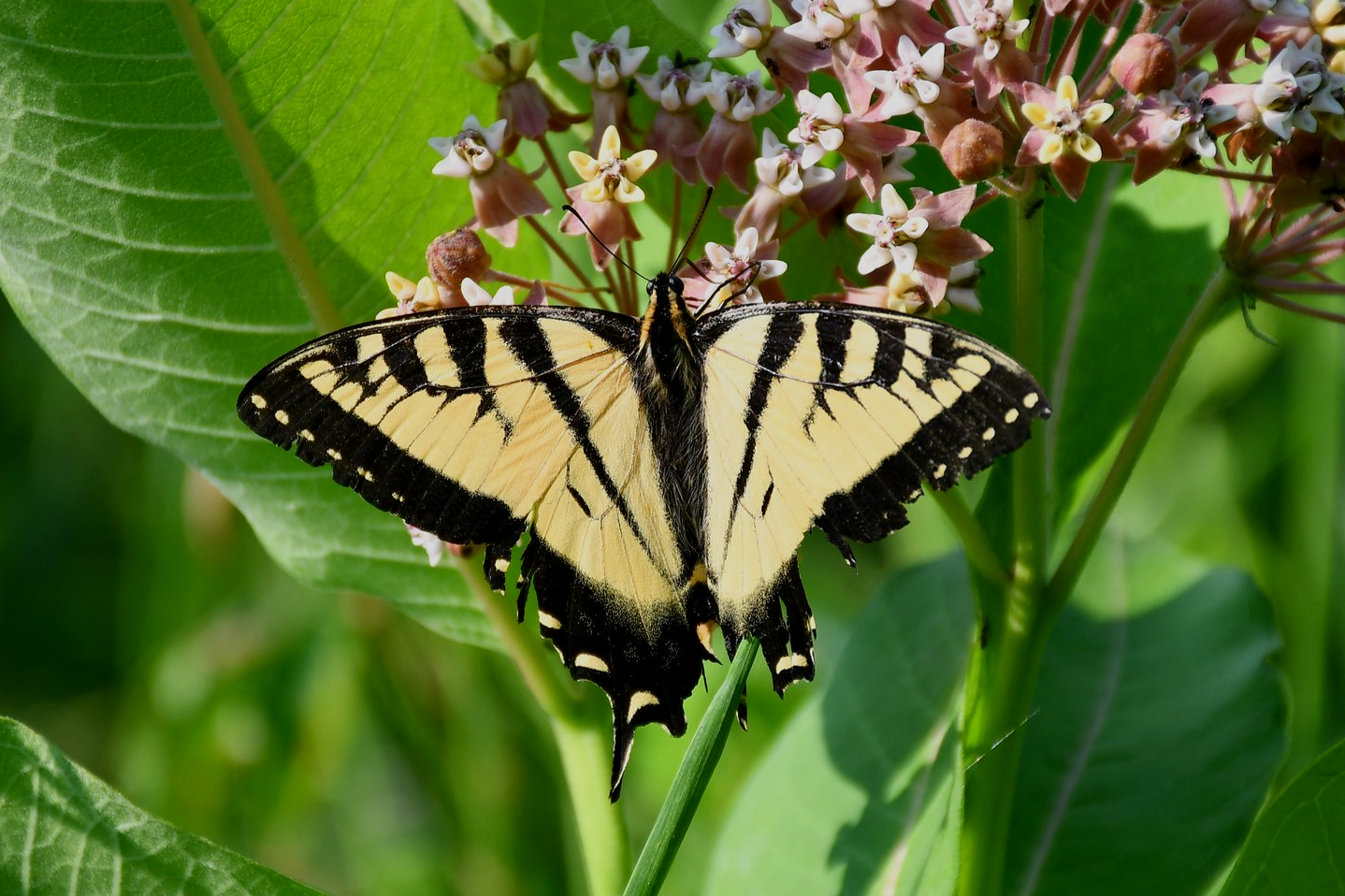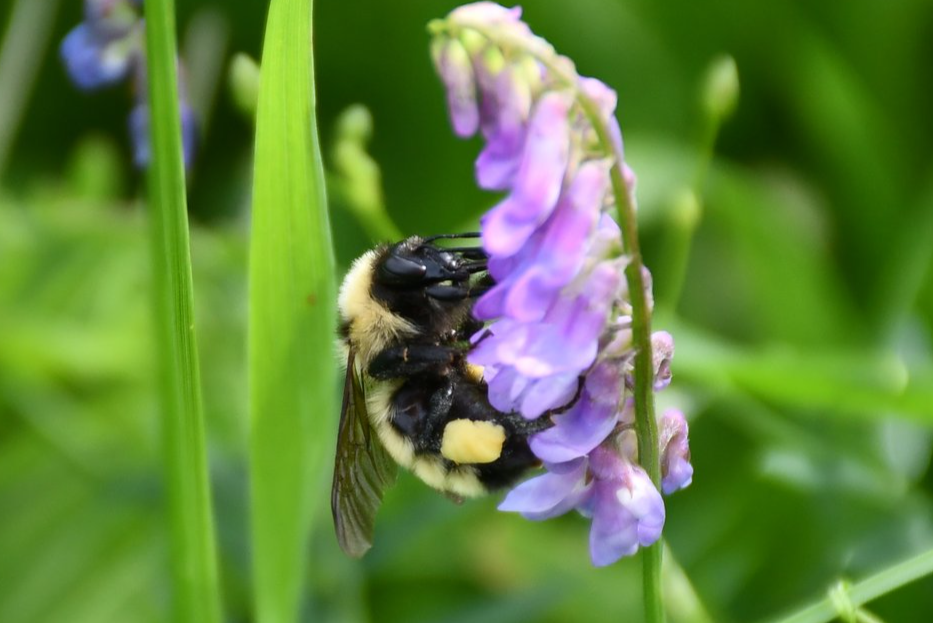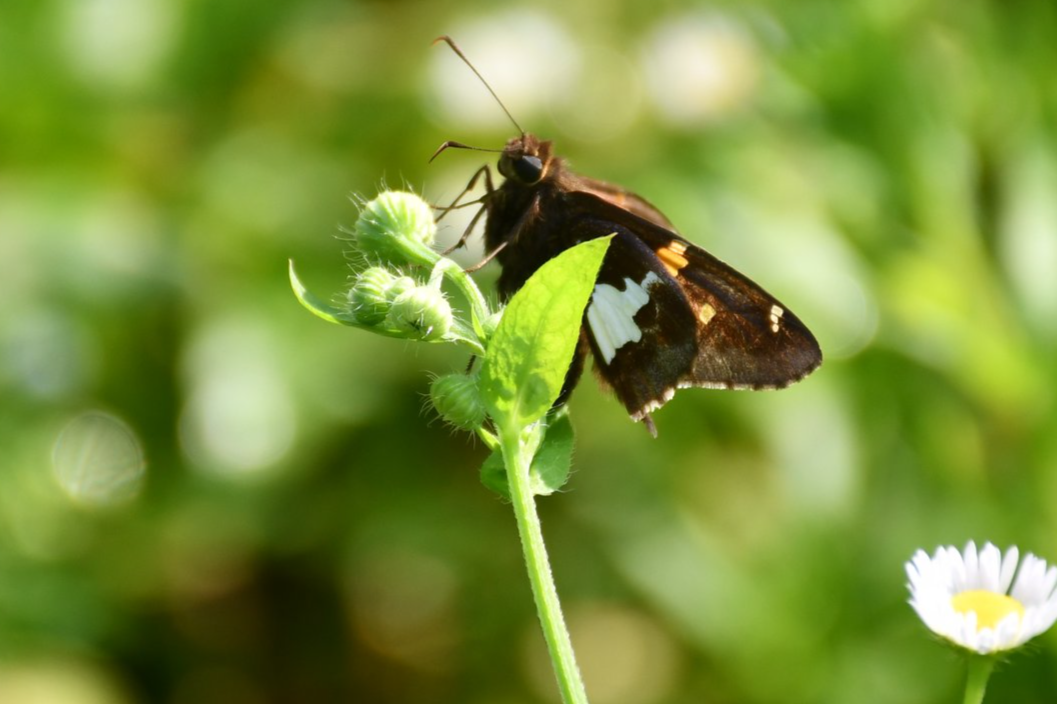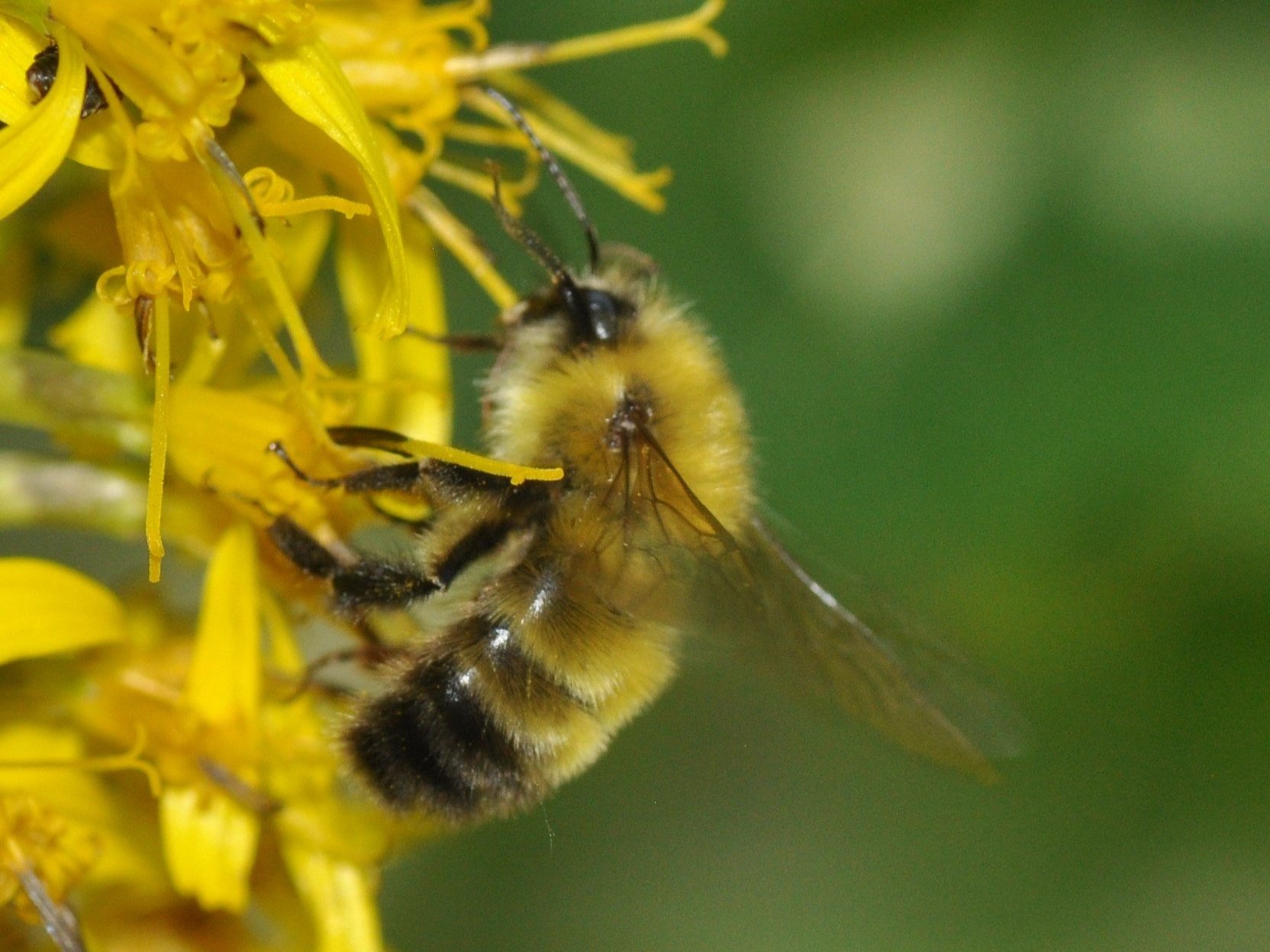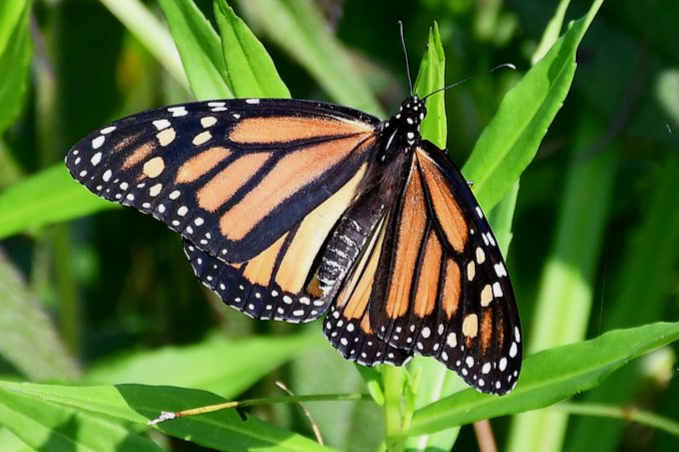No upcoming events. Stay tuned!
Upcoming Events
The Great Pollinator Project: Rogers Center Survey is the second species-identification community science initiative at Rogers Center. Established in 2025, this initiative’s goal is to engage the public in documenting the presence of native pollinator species on Rogers Center properties. Through this project, we aim to highlight the importance of our native pollinators and the significance of community involvement in the scientific process. The Pollinator Project: Rogers Center Survey operates through iNaturalist and is easy and free to join!
Community Science at Rogers Center
Click Here to Download Data Collection Manual
Bad Picture Good Picture
Why are pollinators important?
Over the past few years, you have likely heard the term “Save the Bees” or “Save our Monarchs.” These movements started to draw attention to declining bee and butterfly populations, emphasizing the important role they play in the ecosystem as major pollinators.
In the last 40 years, insect populations have declined by 45% worldwide, and native pollinator populations have been significantly reduced. Threats include pesticide exposure, climate change, and habitat loss. Poor land management practices have led to food shortages for pollinators. Without native wildflowers, they cannot survive.
Approximately 35% of the food we eat relies on the ecosystem services of pollinator species. Some plants, such as squash and tomatoes, can only be pollinated by native pollinator species like bumble bees. The widespread loss of wild pollinators would lead to widespread negative environmental, social, and economic impacts.
Many people are unaware of the value of our native pollinators, and as an environmental education center, we want to change that! Check out the resources on this page, including the iNaturalist tutorial below, to get involved in protecting our pollinator species!
Anyone interested in joining The Great Pollinator: Rogers Center Survey can contact our Community Engagement Coordinator, Gil Polk (volunteer@friendsofrogers.org), for more information. All you need is a digital camera or smartphone, and the iNaturalist app, which is free to download on your smartphone or computer. Turn on the geolocation and upload pictures of pollinator species taken anywhere on Rogers Center’s 600-acre property.
Joining the B-Team
Photography Tips
Photographing insects and other fast-moving pollinator species can be challenging, especially when trying to get images that are good enough for ID. Here are a few tips:
Ensure images are well lit and not blurry (no Loch Ness- or Sasquatch-quality photos)
For identifying bees: photograph the face, side, and back
Photographing is easiest in cool temperatures, when bees are flying slowly
Many other pollinator species can be identified from photos of their backs
Be patient! You may have to stake out species for a long time before you can get a clear photo
Additional Resources
Past Community Science Initiatives at Rogers: The B-Team
The B-Team was the first Community Science Project established at Rogers Center. Started in 2022, this initiative’s primary goal was to document which of New York’s 450 species of native bees are present in the Central New York region.
Why Bees?
Native bees are not only extremely important, but many species are also in serious decline. Native bees support local ecosystems by pollinating countless native plants, but also pollinate many crop plants, like blueberries, tomatoes, and squashes.
Many people are unaware of the value of our native insects, and as an environmental education center, we wanted to change that.
In 2023, we established our project on iNaturalist, calling it The B-Team: Central New York Native Bee Survey. Any photographs of bees that are uploaded to iNaturalist from the nine designated Central New York counties (Cayuga, Chenango, Cortland, Herkimer, Madison, Oneida, Onondaga, Otsego, Tompkins) are automatically added to the project.
These initial efforts provided us with baseline data used to verify species presence.
Each summer, a fellow from Colgate University’s Upstate Institute program joins the Rogers Center team to lead our pollinator restoration efforts. In 2023, Matt McGeary ‘24 was our first fellow, and was responsible for developing the B-Team. In summer 2024, Charlie Tourbaf ‘25 continued this work. These students collected data and worked to engage the community in the B-Team project. During summer 2025, our third Colgate fellow is leading the work to turn the B-Team Project into a broader, native pollinator-focused initiative.

